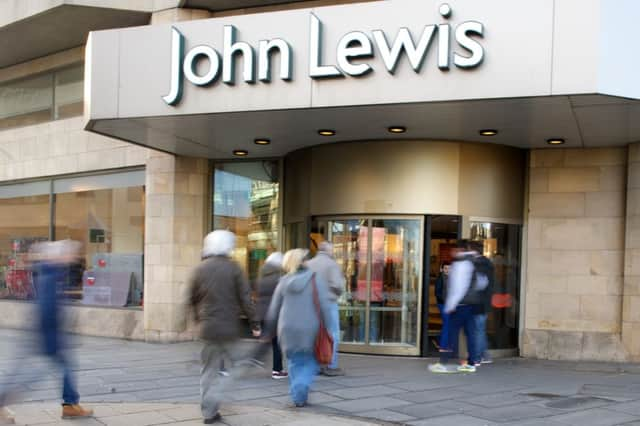Comment: Incentives to follow John Lewis


They and chairman John Matthews – who is selling 80 per cent of his shares to the Bathgate firm’s new employee benefit trust (EBT) – will be among the first to gain from fresh tax breaks for businesses transferring to staff ownership.
The deal will be the first of many in what is shaping up to be a bumper year for employee ownership, a model that has yet to go mainstream despite the long and famous history of staff ownership at John Lewis Partnership.
Advertisement
Hide AdAdvertisement
Hide AdThe benefits of employee ownership have been well-documented. Such companies tend to be more profitable and productive than conventionally-structured businesses, and through times of recession, they have a higher rate of sales growth and job creation.
There are many reasons for this which boil down to a fundamental truth about human nature: people are far more concerned about those things in which they have a vested interest. If your bonus hinges upon your company’s profitability, that’s a powerful incentive to consistently perform at the highest level.
With a genuine say in how their business is run, staff in these firms are for the most part happier than counterparts elsewhere. They will go the extra mile when called upon, and are almost certainly quite unwell when they call in sick.
Fred Bowden, managing director of Aberdeen engineering firm Woollard & Henry, has described these changes in behaviour as “the most striking benefit” of employee ownership. The company was on the verge of closing when Bowden joined in 2002 to lead an employee buy-out that reversed the firm’s fortunes. Today, Woollard & Henry is boosting staff numbers by about a third to 82 and targeting a 40 per cent rise in turnover in three years.
Bowden will share the full story this week at a seminar in Aberdeen organised by Co-operative Development Scotland (CDS), the arm of Scottish Enterprise tasked with providing support for social enterprises and co-operatives. Sarah Deas, chief executive of CDS, wants to make the “EBO” – employee buy-out – as common as the MBO. This could be her break-out year, as the UK government has set aside £75 million for tax reliefs coming into effect during the next few months.
Last year, CDS helped eight firms transfer to employee ownership, but that number will rise in the wake of these tax breaks. Deas is predicting a ten-fold increase in the number of employee-owned businesses in Scotland – which currently stands at about 60 – during the next decade.
Employee ownership is neither a cure-all nor a quick fix – for a business in distress, there is no magic bullet. But as a model with some powerful tools that play on basic human instinct, it deserves wider consideration. «